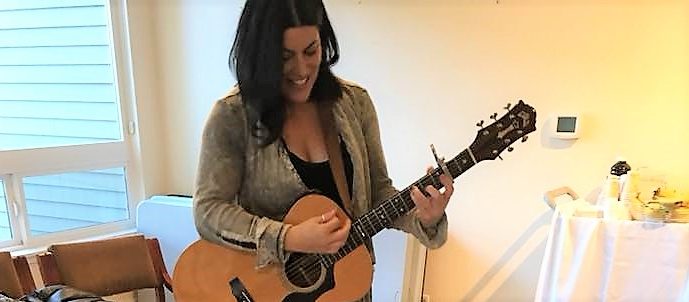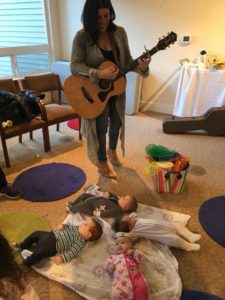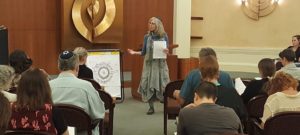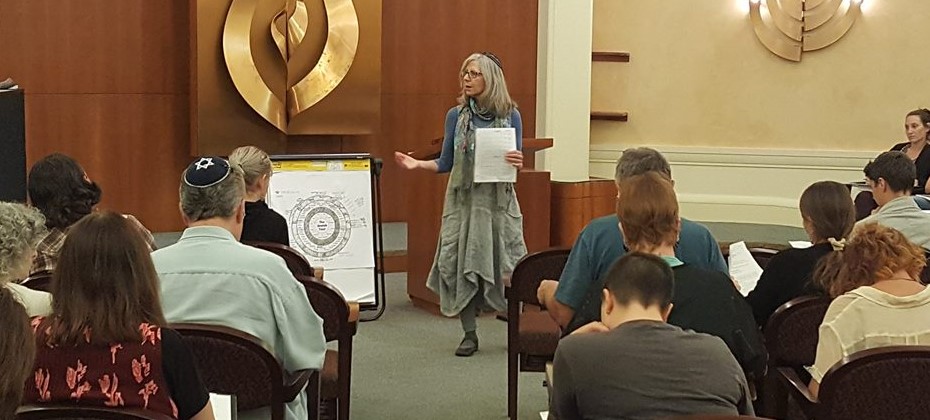Drawing on his memoir, The Scorekeeper, a finalist for the 2018 Oregon Book Award, retired journalist and author Edward Hershey reflects on the lofty aspirations and sobering limitations of Jewish-American life in the 1950s and 60s when his own New York neighborhood was “as Jewish as Ivory soap — 99 and 44/100s pure.”
“The city may have been diverse as a whole, but it was less a melting pot than a collection of ethnic neighborhoods,” Hershey writes. “And few were more homogenous than those housing the two million Jews who comprised a quarter of its populace in 1950 (before many started migrating to Long Island, Westchester and New Jersey to form suburban Jewish enclaves). This Jewish-American circumspection about how—and where—to live reflected a perceived need to stick together for support and even protection.
“After living through the Great Depression without losing focus, watching relatives succumb to the Holocaust without losing faith and facing endemic anti-Semitism without losing heart, my parents’ generation had come to view the American reality with a grain of kosher salt. Banding together was one way to counter—or at least circumvent— the limitations and indignities of bias in employment, housing, education, and social access. ‘They would not let us in so we bought the place’ became a laugh line in the Catskill Mountains ‘Borscht Belt’ and on the Miami Beach ‘Gold Coast’ where Jewish resorts emerged in areas previously ‘restricted’ to gentiles. But such humor belied a widespread effort to hide in plain sight. Avoid making waves. Better not to be noticed. Don’t invite trouble.”
Hershey’s vivid recollections — some humorous and others sobering – give context to a bygone era that shaped his generation. “Post-War Jewish-America: Hiding in Plain Sight” will inform some, evoke nostalgia in others and delight all who are proud of their Jewish-American heritage.
This is part of the OJMCHE series of informal lunchtime conversations. Bring a lunch or buy a brown bag lunch in Lefty’s Cafe and join us in the museum’s auditorium for a lively give and take as we share and explore ideas, experience, and expertise.
Edward Hershey enjoyed a varied career as a sportswriter, news reporter, author of books on baseball and police hostage negotiation, journalism teacher, government official, college publicist and union activist that included stints as an antiques columnist, Shakespearean theater president, city alderman, college basketball announcer, member of the Portland Independent Police Review Board, chair of the City Club of Portland Friday Forum Committee and, for 42 years, a mainstay of the George Polk Awards in journalism. He and his wife Leah, a hand weaver and retired college administrator, live in Mount Tabor neighborhood.





